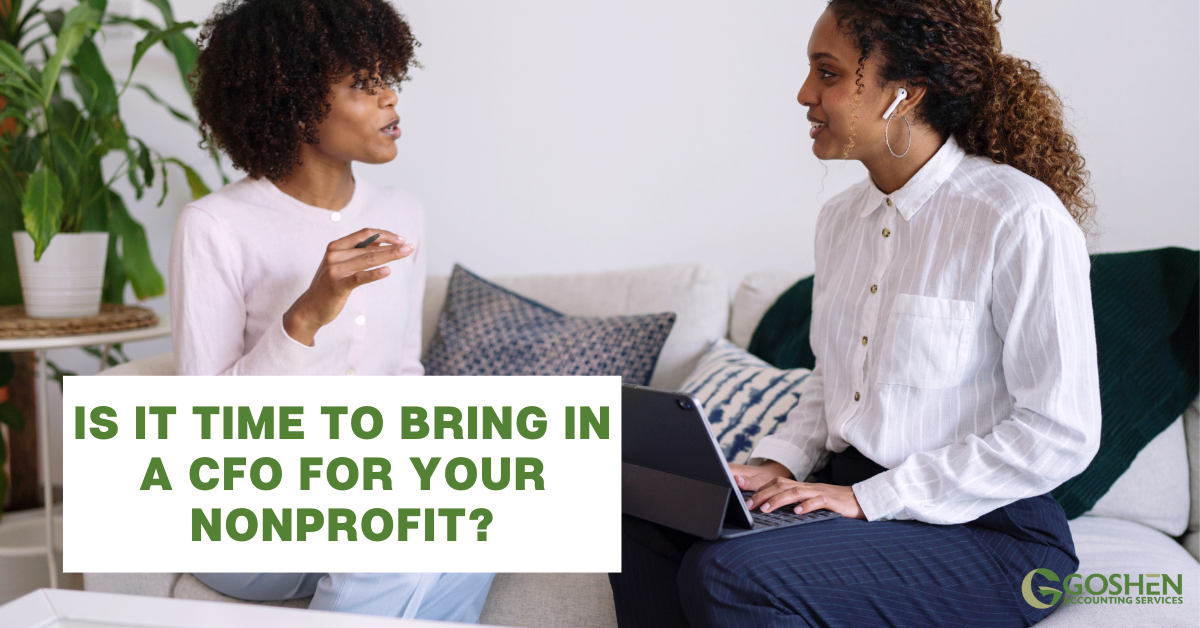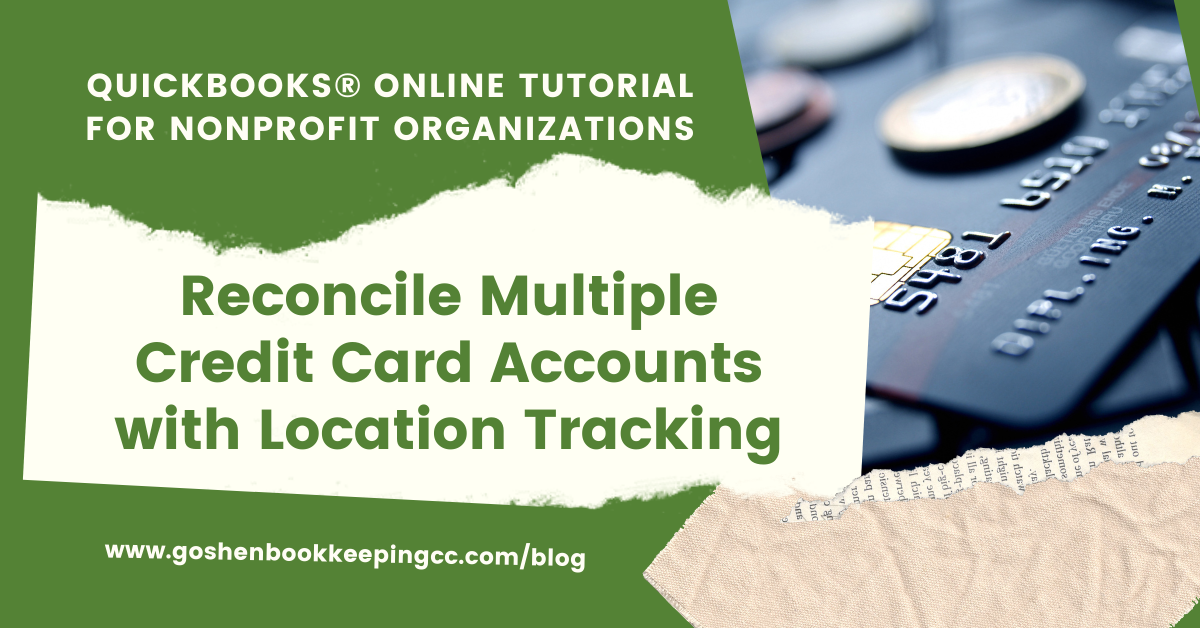You've been running your nonprofit for a few years, and things are going well. You're meeting your goals and making a difference in your community. But as your organization grows, you're starting to feel like you could use some help with the financial side.
After all, overseeing the budget, keeping track of donations, and preparing for fundraising can be difficult for an organization. That's where a Chief Financial Officer (CFO) comes in. A CFO is responsible for the overall financial management of your organization, including budgeting, bookkeeping, financial reporting, and financial planning.
So how do you know when it's time to bring in a Chief Financial Officer (CFO)? Let's look at a few signs that indicate it might be time to hire help.
1. Your Organization is Growing Quickly
If you are struggling to keep up with the financial demands of your organization and experiencing difficulty interpreting your financial statements, it might be time to hire a CFO. A CFO can help you manage growth by developing strategic plans and implementing systems and processes that will scale with your organization. Without a CFO, you might constantly play catch-up instead of proactively managing your organization's finances.
2. You're Having Difficulty Raising Funds and Providing Peace of Mind Assurances to Donors
If you're having difficulty raising funds, it might be time to hire a CFO. A CFO can help you develop a fundraising strategy and track your progress against your goals. Additionally, a CFO can help you identify potential donors and grant opportunities. A CFO will often advocate for your nonprofit funders to ensure you receive the desired funding, and donors gain peace of mind and assurance that your organization will be a good steward of the finances they entrust to you.
3. You Don't Have Enough Time to Focus on Finances
If you spend more time on other tasks because you don't have enough time to focus on finance-related tasks, it might be time to bring in a CFO. A CFO can take on many of the day-to-day tasks associated with running the financial side of your nonprofit so that you can focus on other areas of the organization. A CFO will help your organization develop a long-term financial strategy for sustainability and help you and your board implement institutional knowledge.
4. You’re Not an Expert in Finance and Can’t Keep up with Changing Nonprofit Regulations
Even if you're good with numbers, that doesn't mean you should be in charge of your nonprofit's finances. Remember, a CFO is more than just a bookkeeper; they're also responsible for developing financial strategies, forecasting future needs, keeping up with federal and state laws and regulations, and providing advice on the best use of your resources. If you're not a finance expert, it might be time to bring someone on board who is.
Deciding to hire a CFO is not one to be made lightly. You don't have to wait until you're ready to expand to bring in a CFO. You can bring one in at any time. If you're concerned about the financial health of your nonprofit, or if you want someone to help you with the day-to-day financial management of your organization, then it might be time to bring in a CFO.
Do you think it might be time to hire a CFO for your nonprofit? If so, there are a few things you should keep in mind. First, make sure that you find someone who is qualified and experienced. Second, be clear about what their responsibilities will be. And third, ensure they're compatible with your organization's culture.
Bringing in a CFO is a big decision, but it can be a great way to ensure the financial health of your nonprofit for years to come. A CFO can provide valuable assistance as you navigate the challenges of growing your nonprofit.
Goshen Accounting Services is here to support and help your nonprofit organization thrive. If you think we might be a good fit for your nonprofit, review our services to get started.











Wondering when to bring in a nonprofit #CFO? We put together this guide to help you assess your options for hiring a nonprofit CFO for your organization. Bringing in a CFO is a big decision, but it can be a great way to ensure the financial health of your nonprofit for years to come. A CFO can provide valuable assistance as you navigate the challenges of growing your nonprofit.